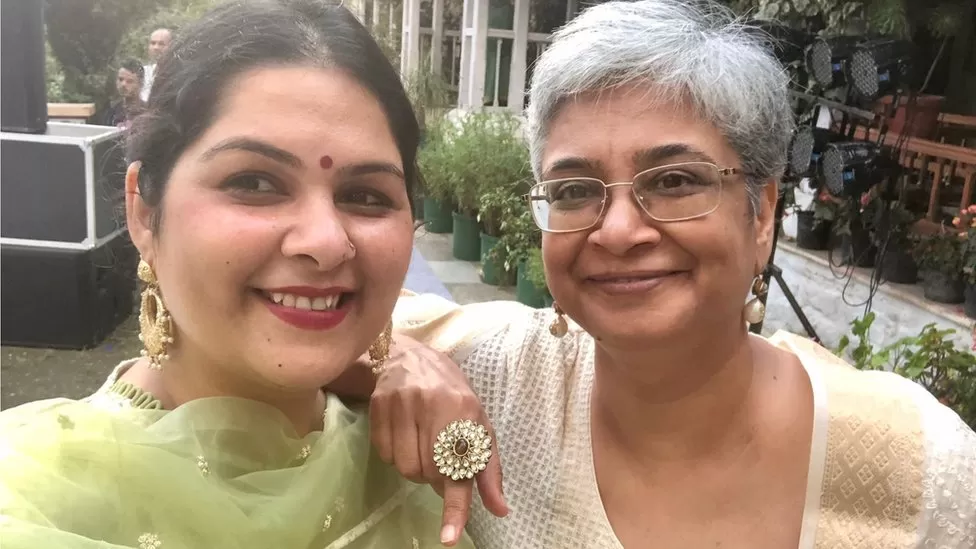Final arguments are being heard before the Indian Supreme Court on a number of petitions to legalize same-sex unions. “Livestreamed in the public interest” is how the proceedings are being broadcast.
The issue is shaping up to be a heated one, with same sex couples and LGBTQ+ advocates hoping for a ruling in their favour and the government and religious groups fiercely opposing same sex union.
Both parties have made a strong case for their positions. Marriage, according to the petitioners’ attorneys, is a union of two people, not only a man and a woman. They have argued that regulations ought to be altered to reflect how marriage has evolved over time and how same-sex couples likewise aspire for marriage’s respectability.
But the government’s solicitor, Solicitor General Tushar Mehta, has questioned whether the court even has the authority to hear the case. He claims that the socio-legal question of marriage cannot be decided by a panel of five judges and that only parliament has the authority to address it.
Both sides must conclude their arguments by Thursday, according to the court.
Dr. Kavita Arora and Ankita Khanna, a same-sex couple who have been waiting for years to get married, are among those attentively observing the procedures.
Ankita and Kavita did not fall in love right away. The women initially bonded as coworkers before becoming friends and falling in love.
Although their relatives and friends were supportive of their relationship, mental health doctors claim they are unable to be married despite having been together for more than ten years and having known one other for 17 years.
The two are among 18 couples who have petitioned the Supreme Court to allow same sex marriage in India. At least three of the petitions have been filed by couples who are raising children together.
Chief Justice DY Chandrachud called it a matter of “seminal importance” and set up a five-judge constitutional bench – which deals with important questions of law – to rule on it.







